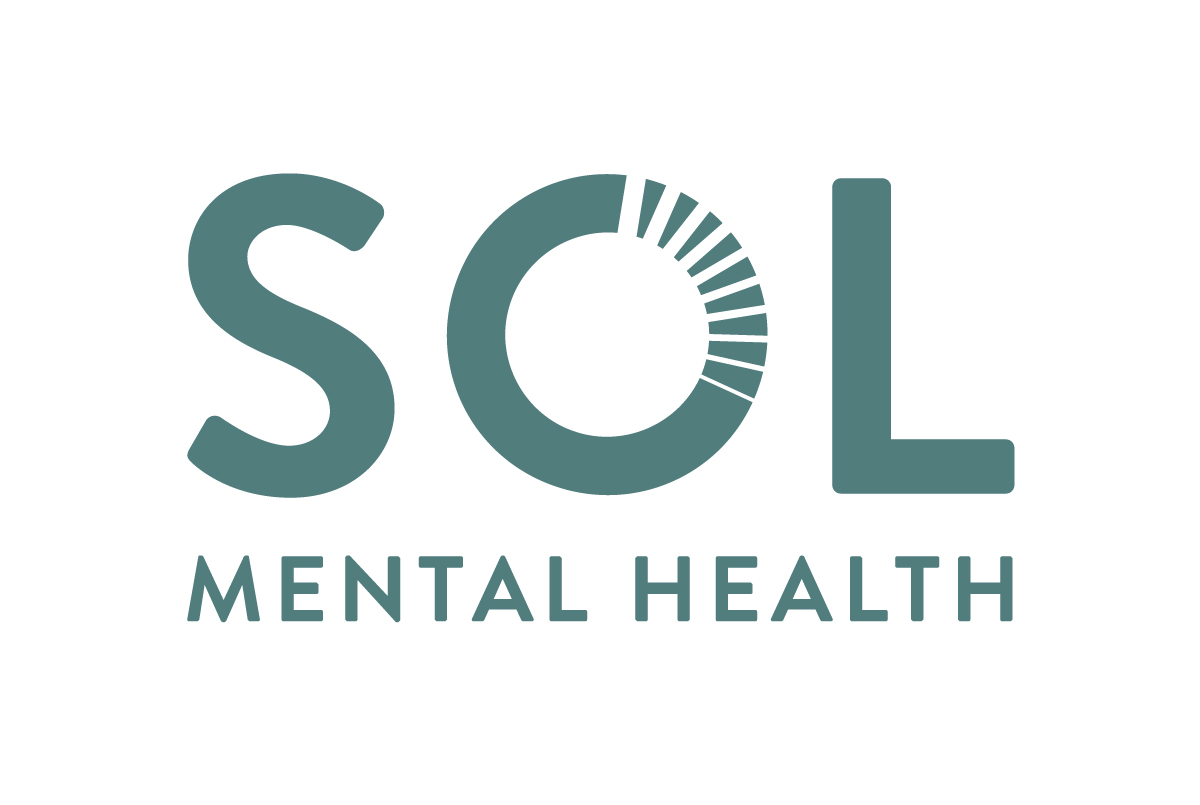No one is immune to the effects of mental illnesses like anxiety and depression, and while our teen years should be carefree, that’s not always the case. But is it a good idea to start taking medication for teenage anxiety and depression? Read on and learn the possible risks and benefits from psychiatric treatment.
Teen Anxiety and Depression
Our teen years are not easy. There’s increasing pressure with every passing year on planning your future, getting good grades, and engaging in the right social activities. There are countless stressors that can make a teenager anxious or depressed, but in some cases, these aren’t temporary problems. Depression and anxiety in teens can be very difficult to gauge, as these years are tumultuous for a number of reasons. Hormonal changes that happen as teens undergo puberty can affect their moods. Bullying, academic or social pressure, and family discord can all bring on these problems. Look for emotional changes that can indicate depression and anxiety, including feelings of sadness or despair, frustration, frequent thoughts of death, suicide or self harm, low self-esteem, social withdrawal, and irritability. Behaviorally, a teen may experience a lack of energy, they may seem more tired and be unable to sleep, or they may sleep too much. There are other signs that can indicate depression and anxiety in teens, but these are some of the most common red flags to be on the lookout for. The biggest indicator that depression or anxiety is a serious issue for your teen is whether they can cope with the problems they’re facing. In talking with your child, do they seem capable of addressing their feelings and issues, or are they hopeless and overwhelmed? Feeling like life is just too much and being under constant pressure and fear are good indicators that this depression and anxiety isn’t temporary.
Knowing what to look for is great, but what can you do once you determine there’s an issue that warrants a doctor’s attention? There are a variety of treatments available for teenage depression and anxiety, and the two main components of treating these issues are therapy and medication. Depending on the severity of the symptoms your teen is experiencing, a doctor may recommend therapy on its own or a more combined approach involving psychiatric help and medication. But is it safe to medicate a teen for anxiety and depression? What are the risks and possible benefits to taking this step in treating your teen’s depression?
Is Medication a Good Idea for Teenage Anxiety and Depression?
There are a variety of medications that a doctor can prescribe a teen to treat their anxiety and depression. The FDA has approved certain drugs for certain age ranges, but by the time your child is a teen, most medications are on the table in terms of approval. With that said, FDA approval doesn’t mean these drugs aren’t without their side effects. Even adults over 25 can experience the side effects associated with these drugs. Common drugs for treating depression and anxiety are classified as SSRIs, which work by helping the brain produce more serotonin, which can help stabilize moods and greatly benefit mood and behavior. There are many classes of drug available for treating depression and anxiety, but the risk of dangerous side effects in children and teens is somewhat higher. The biggest problem with antidepressants and anxiety drugs in teens is a paradoxical side effect in which suicidal ideation is intensified by the drug. It’s not fully understood why this occurs, but multiple studies have found that this can happen. It’s important to monitor your teen as they begin taking these medications. Their effects can sometimes work rather slowly, so keep an eye out for worsening depression or anxiety, increased talk of self harm, or actual self harm. While these side effects are rare, they’re more likely for teens and children. This probably relates to brain chemistry and the physical differences between fully developed brains and the brain of a teenager, though the exact reasons haven’t been determined.
Ultimately, the decision of whether you should explore medication as a way to treat your teen’s depression and anxiety is a question of severity. For more extreme cases of depression and anxiety, medication can be immensely helpful. It’s also simpler to monitor changes when depression and anxiety are severe. If you’re listening and paying attention to your teen, you should be able to determine whether things are improving or worsening. With mild or moderate symptoms, the risk may outweigh the reward, but that is a decision to reach with the help of a counselor or psychiatrist. In the end, medication is often the right option because of how it can improve your child’s quality of life.
Ready to explore your teen’s options for treating anxiety and depression, or just looking to learn more about possible medications? Don’t hesitate to call and schedule a consultation with the behavioral specialists at SOL Mental Health.
